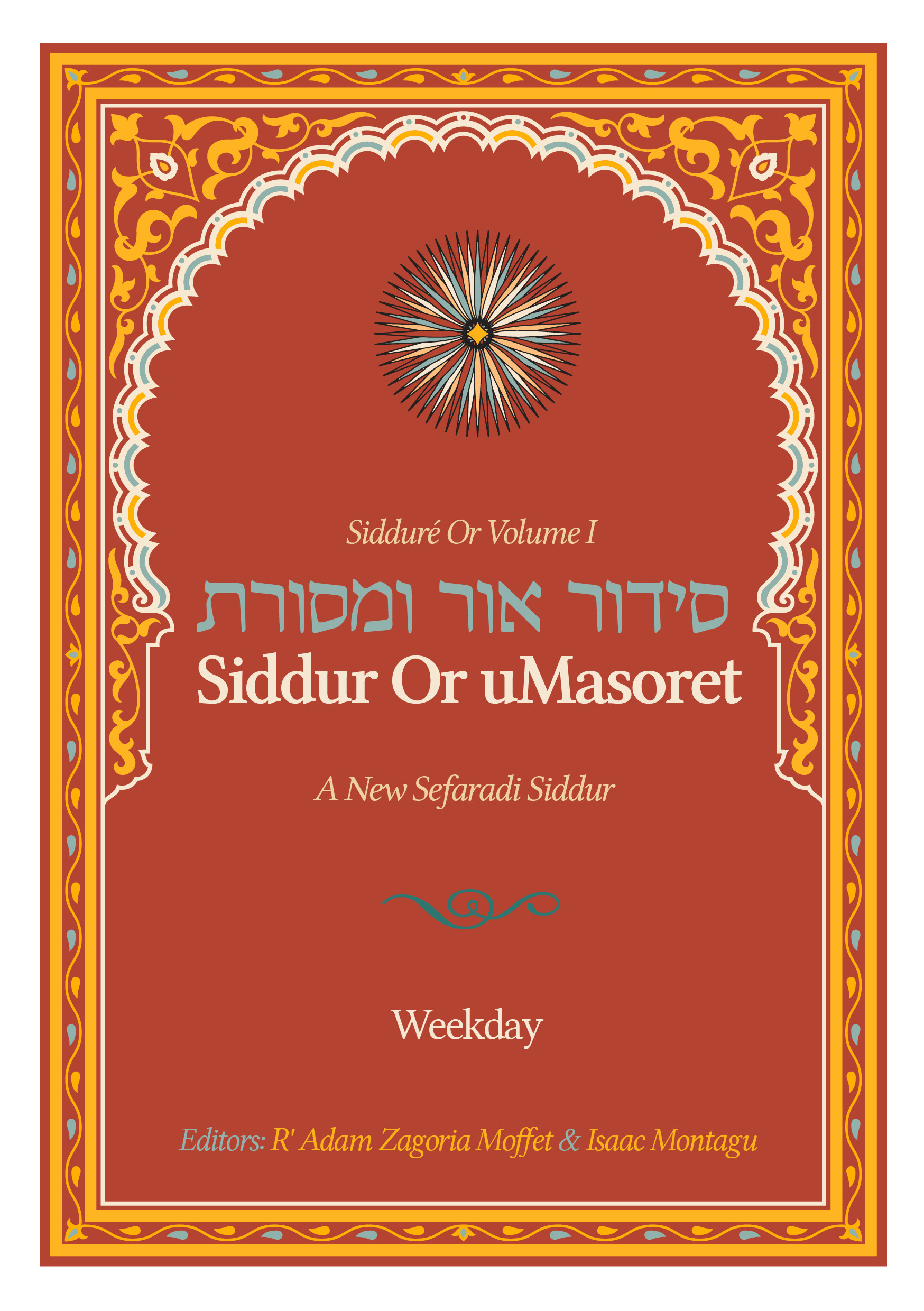ODT | PDF Siddur Tehillat HaShem Yidaber Pi — Sabbath Evening Supplement
TXT Siddur Tehillat HaShem Y’daber Pi — Weekdays and Sabbath Supplement
TXT Reb Zalman’s translation of select Tehillim (6, 15, 24, 25, 30, 48, 67, 81-82, 93-94, 100, 104, 139, 145-150)
When Reb Zalman shared his siddur with the Open Siddur Project in 2009, it was the first contribution of a contemporary translation of the siddur with an Open Content license. Thank you so much, Reb Zalman!

If you are not used to reading Hebrew with comprehension and with the ability to dilate the Hebrew from the literal meaning, or if you cannot read Hebrew and need a resource for daily davvenen, I offer you this set of texts, which I, too, use frequently for myself.I translated the Psalms and the liturgy in the way in which I experience them in my feeling consciousness. This does not offer the ‘pshat’, the literal meaning of the words, but the devotional interpretation that can make it a prayer of the heart.
I suggest that you davven it first all the way through, reading it out loud enough to hear it yourself with feeling. You will like some sections better than others.
However, as you will note, there are 5 sections to this heart siddur. They describe the raising of your awareness from the realm of sensation, the prayer of Assiyah, to the realm of feelings, the prayer of Yetzirah, from there to the realm of reason and the intellect, the world of B’riyah and to the summit, the world of the intuition, Atzilut.
When you are done with this ascent, coming back to the grounded world of sensation and action, you will need to reflect on the stirrings you felt on the way up and ask yourself these questions:
- How am I to apply this in my consensus reality and with my family and other contacts?
- How am I to act in a manner that will lead to the healing of our planet and society?
This part is called the bringing down of the Divine influx, yeridat hashefa’.
You may need to pick some paragraphs from each plane of prayer if all of it is too much for you. Some days you may wish to vary some parts and say others. This ‘siddur’ is meant to help you stay in daily touch with God, to gain blessed assistance from God, to lighten your burdens, not to add to them. Then recite some of the sentences of blessings and proceed with your daily tasks.
May you experience
your praying
as a blessed meeting
with your God.
| Hebrew | English |
|---|---|
INDEX | |
ברכות השחר | Morning Blessings |
תפילת העשיה | |
שחרית | Shaḥarit |
תפילת היצירה | |
תפילת הבריאה | |
תפילת האצילות | |
Weekday Affirmations (based on the Amidah) | |
מנחה | Minḥah |
ערבית | Arvit |
קריאת שמע על המיטה | Bedtime Shema |
Appendixes | |

“📖 סידור תהילת ה׳ ידבר פי | Siddur Tehillat Hashem Yedaber Pi, by Rabbi Zalman Schachter-Shalomi (2009)” is shared through the Open Siddur Project with a Creative Commons Attribution-ShareAlike 4.0 International copyleft license.










Thank you for helping people to achieve and meet Hashem.
I have an mp3 of Reb Zalman reading the amidah that I could share, if you’d like to include it here?
Please do. We can host it.
Check out the video of Reb Zalman zt”l davvenen his translation of Ahavah Olam to the music of Laura Berman. https://www.youtube.com/watch?v=ZFaKppt04m8
Thank you! Rabbi Zaslow, we should be in touch re: sharing more work from your siddur,
[…] Siddur. And it’s ancestor is called “Yidaber Pi“, is in a smaller size and you can download it from here. They both have the morning davvenen all in the vernacular. Why [in the vernacular and not in […]